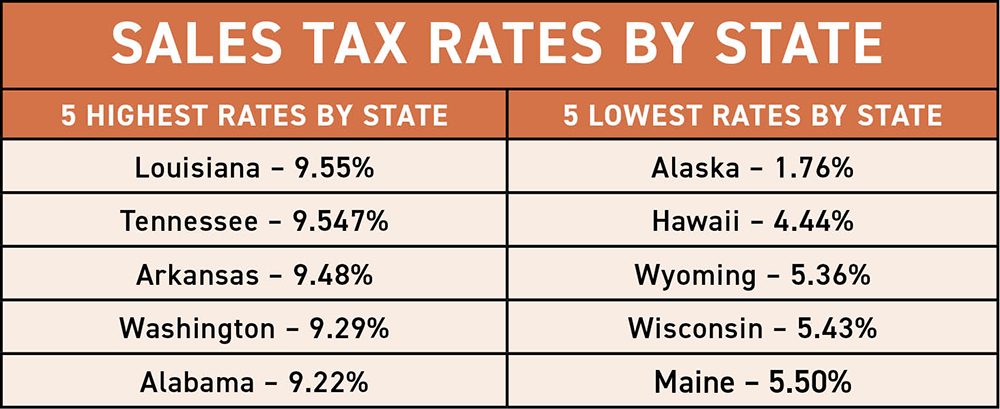Note these 2023 tax updates for both businesses and individuals.
PAYROLL TAXES
For 2023, the limit on wages subject to Social Security Tax increases to $160,200. All wages are subject to the 2.9% Medicare Tax, which was not changed and has no ceiling.
CHILD TAX CREDIT
The enhanced child tax credit from 2021 is no more. Congress has not been able to agree to make it permanent. Just like in 2022, the credit remains $2,000 per qualifying child. But for 2023, a maximum of $1,600 is refundable. There are income phase-out rules starting at $200,000.
AMT INCREASES
The alternative minimum tax (AMT) exemptions increase for taxpayers in 2023. Single taxpayers are allowed up to $81,300 in taxable income, and jointly filing taxpayers are allowed up to $126,500 before the AMT needs to be considered.
ENERGY EFFICIENCY IMPROVEMENTS
Purchasing a new electric vehicle (EV) may qualify you for a $7,500 tax credit for cars assembled in North America. And buying a used EV could provide partial tax credits.
There are price caps on the type of EV purchased and income phase-outs for the EV tax credits starting at $75,000.
Making energy-efficient improvements to your home can qualify for up to a $1,200 annual tax credit. Previously there was a $500 lifetime tax credit per taxpayer.
EXPENSE DEDUCTION FOR BUSINESS
In 2023, businesses can deduct up to $1.16 million for assets purchased this year.
Bonus depreciation for 2023 will drop to an 80% immediate deduction, with the remaining 20% depreciated over the life of the asset.
The 100% expensing of business meals eaten in a restaurant that was in effect for 2021 and 2022 is gone. For 2023, business meals will be 50% deductible. Entertainment expenses remain non-deductible.
There are many other changes to tax laws. Your tax professional can clarify which changes apply to you.








